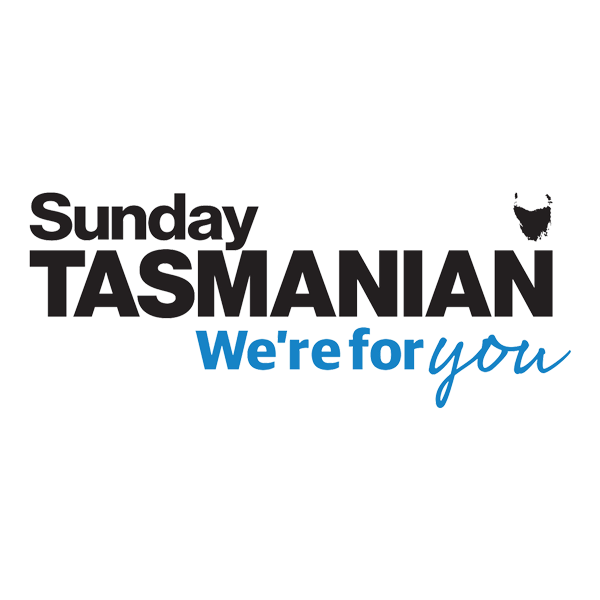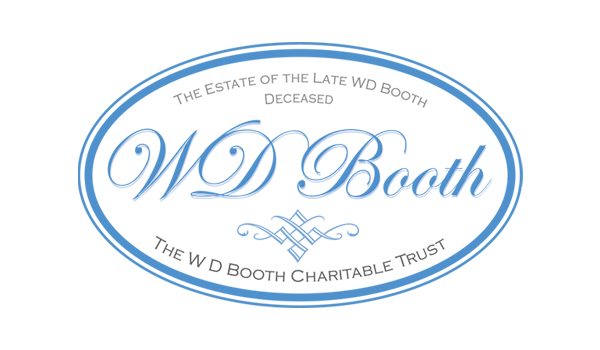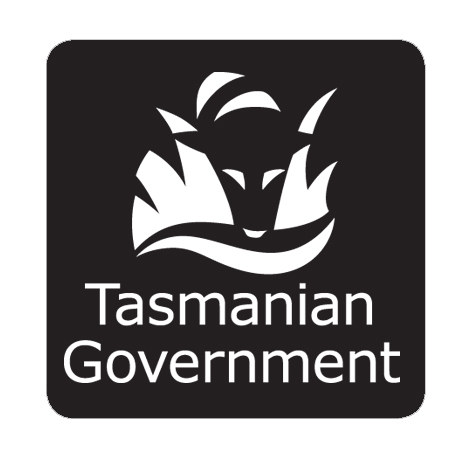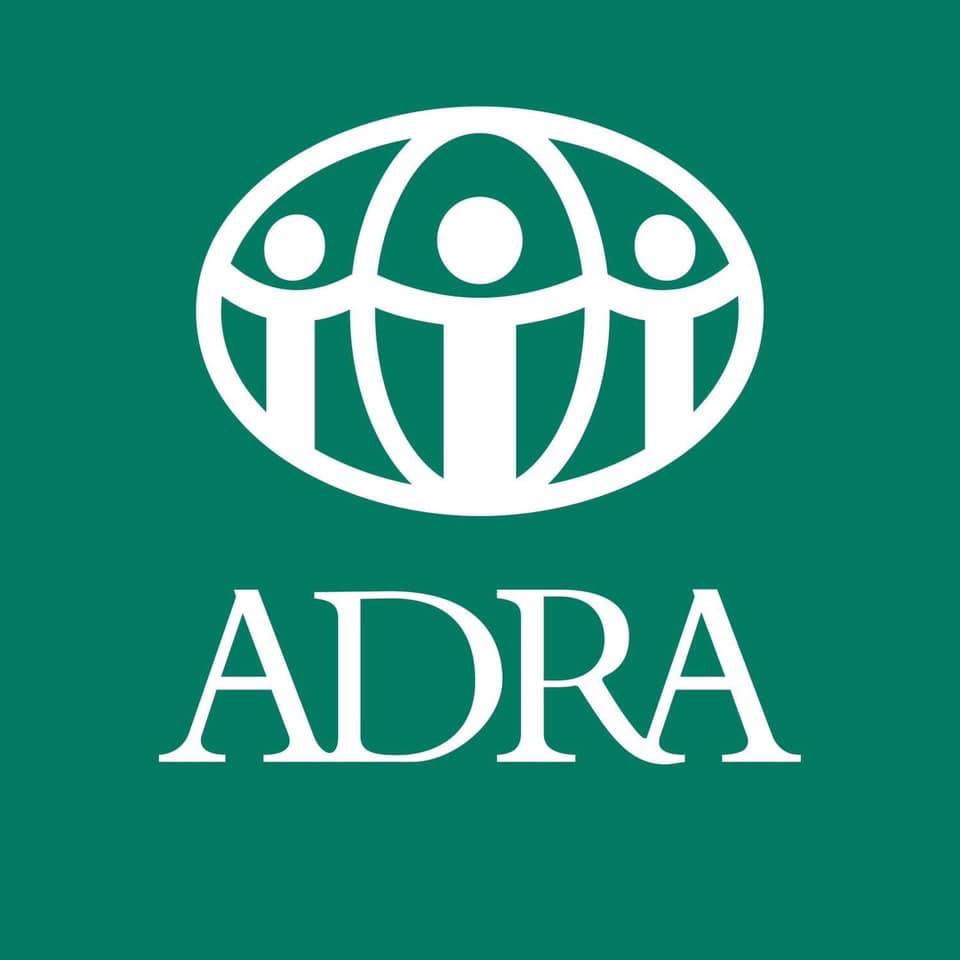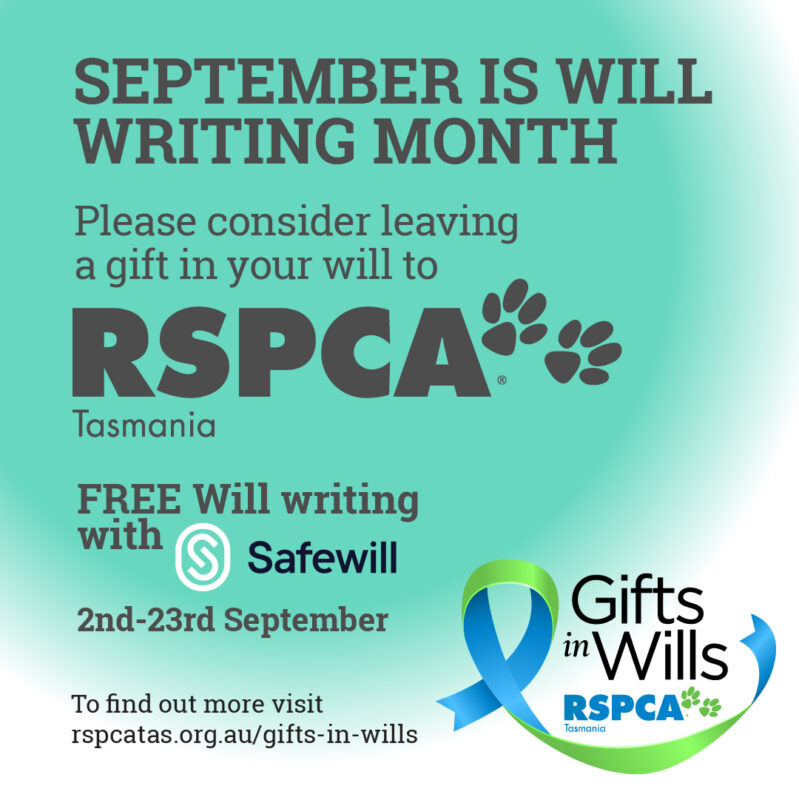The racing industry’s disregard for rules protecting animal welfare was once again on display at this year’s Hobart Cup meeting over the weekend.
A jockey was fined three times for improper use of a whip during the day’s races. The jockey used the whip on 10 occasions prior to the 100m in one race and on nine occasions prior to the 100m in two other races. This is in breach of the rules of racing, which says horses can only be whipped 5 times prior to the 100m mark. For this total of 38 illegal beatings, she was fined $1700 and suspended for careless riding. That’s less than $45 for each of these offences – hardly a serious deterrent. Three other jockeys were also fined for various offences on the day.
The Racing Minister, Madeleine Ogilvie, said yesterday that Tasracing complies with the Australian Rules of Racing, which govern the conduct of races for the thoroughbred code, including the use of whips in races.
However, the blatant disregard of the rules evident on Sunday shows that these rules are clearly ineffectual when a single jockey can rack up so many infractions at the biggest race of the year, and still be allowed to retain a win to continue riding in the meet.
Internationally, leading jockeys have been banned for excessive whipping when winning valuable races. So why do they do this? Because they can’t count?
No – it’s because they know that they can break the rules and still win – and they are probably believe that suspensions and fines are worth it. It is what is called a ‘win at all costs’ attitude – and the rules let it happen.
Tasracing has acknowledged that it is important for animal welfare measures in racing to meet community expectations, but this outcome falls way short of doing that.
Beating an animal with a whip is a clear-cut case of animal cruelty. If someone stood in the street and hit a dog with a stick, bystanders would intervene to stop the assault. The RSPCA and maybe even the police would be called to deal with the attacker. There is no reason hitting horses should be treated any differently.
“The use of whips in horse racing is arguably the most visible form of violence to animals,” according to Dr Paul McGreevey, Professor of Animal Behaviour and Animal Welfare Science at the University of Sydney.
A world-first study undertaken by the University of Sydney showed that whipping horses does not improve their chances of winning races. The peer-reviewed research compared 126 “whipping-permitted” and “whipping-free” races in the UK and found no difference in movement on course, interference on course, incidents related to jockey behaviour, or race finishing times. So there is now conclusive evidence to show there is no reason for jockeys to use whips on horses.
It’s a crime under Tasmania’s animal welfare laws to beat an animal, and it’s a crime to cause an animal unreasonable and unjustifiable pain or suffering. There’s no loophole that exempts people hitting racehorses.
That’s why the RSPCA has long called for the racing industry in Tasmania to support the phasing out of whips in horse racing.
There is no excuse for this dangerous and unacceptable behaviour – and it is long past time for this cruel practice to end.
More information can be found on the RSPCA Knowledge Base: https://kb.rspca.org.au/knowledge-base/do-racehorses-need-to-be-whipped-for-performance-and-safety/
MEDIA CONTACT
Jan Davis, CEO – RSPCA Tasmania
Mobile: 0409 004 228
Email: jdavis@rspcatas.org.au


